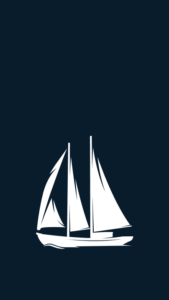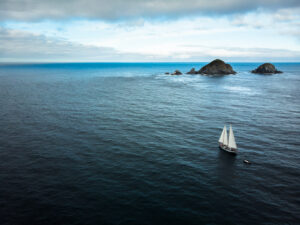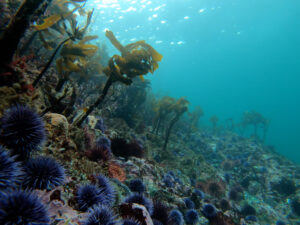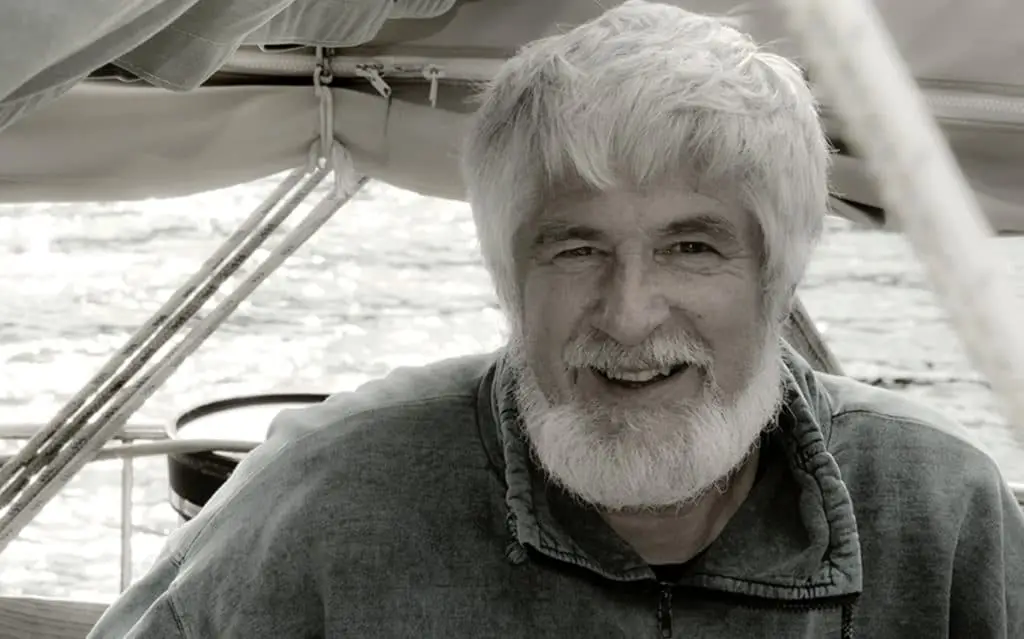
FACES and PLACES: Captain Larry Peck, Saturna Island
In each region we explore, there are amazing people who call these areas home. We’re very fortunate to get to interact and learn from these people who are making a difference in those communities.
Every year, Outer Shores operates a field course in partnership with the University of Victoria. One of the places we like to visit is Saturna Island where we meet the folks at the Saturna Island Marine Research & Education Society (SIMRES), including its founder, Captain Larry Peck.
Saturna is a mountainous island approximately 31 km2 in size that sits on the outer edge of the Southern Gulf Islands chain in the Salish Sea. There are a lot of peaceful spaces on Saturna Island and that’s because nearly 50% of the island is part of the Gulf Islands National Park Reserve and most of the surrounding waters are included in a proposed National Marine Conservation Area. Visitors to Saturna discover a variety of rich and diverse habitats, including iconic Garry oak ecosystems, rocky shores, and lowland marshes.
There may be a lot of wilderness on Saturna Island but there aren’t a lot of people — only about 350 year-round residents. Captain Larry Peck is one of them.

Larry was born in Montreal but raised on Quebec’s Gaspé Peninsula. “I grew up with the whales,” he says, referring to the population of belugas that live in the region. He built his first boat at age seven, using his mother’s canvas raincoat for a sail. “I was always close to the sea,” he says, “either fixing a boat or on the water.” By the age of 15, he was sailing his own 30-foot schooner. “I grew up with the old-time sailors and learned from them. I was steeped in the heritage of sailing.”
Larry, who has a Master’s degree in counselling and community development, eventually moved to Ottawa to run a treatment centre for kids with behavioural problems. But he missed the sea so, at 35, he quit his job and moved to Prince Edward Island where he started a successful charter sailing business and helped struggling lobster fisherman diversify and fish for other species.
The seeds for Larry’s move to British Columbia were sown after meeting some tourists who bragged about how you could sail in BC’s protected coastal waters for most of the year. Larry flew out in 1986, settling in the Cowichan Bay area on Vancouver Island. “I was amazed,” he says. “It was so beautiful.”
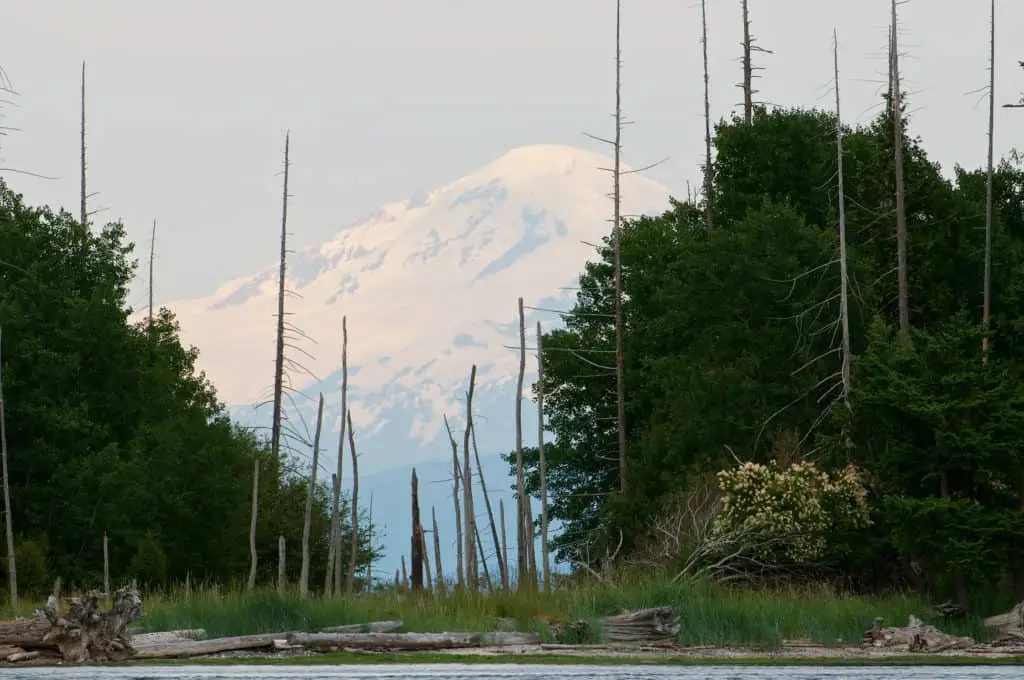
He bought himself a wooden ketch and for the next 15 years, operated one of BC’s first charter sailing businesses. “People said I was crazy,” he says, “but my idea was to introduce people to sailing and the sea. I didn’t charge a lot. By the time I retired, a lot of other people were doing the same thing…at triple the prices!”
In 2002, when Larry was 60, he sold his charter business but kept his boat. He and his wife and 4-year-old daughter spent the next 8 years sailing the east coast, spending a lot of time in the Bahamas. In 2010, they returned to BC, settling on Saturna and that’s where, in 2012, Larry founded the Saturna Island Marine Research & Education Society.
SIMRES was launched by Larry and six other Saturna residents who had environmental and economic concerns about the island. Larry had the idea to start a marine research station. SIMRES’ mission, as stated on their website, is “providing or facilitating educational programmes, workshops and hands-on activities which will create awareness and promote a better public understanding of our marine ecosystems.” To this end, SIMRES has been a very successful endeavour. One of SIMRES’ first events was the successful Moby Doll Orca Symposium, attended by more than 300 people from Canada and the US. Moby Doll, the first orca to be held in captivity, was captured just off Saturna’s East Point in 1964. It’s an event that forever changed the relationship between humans and orcas.
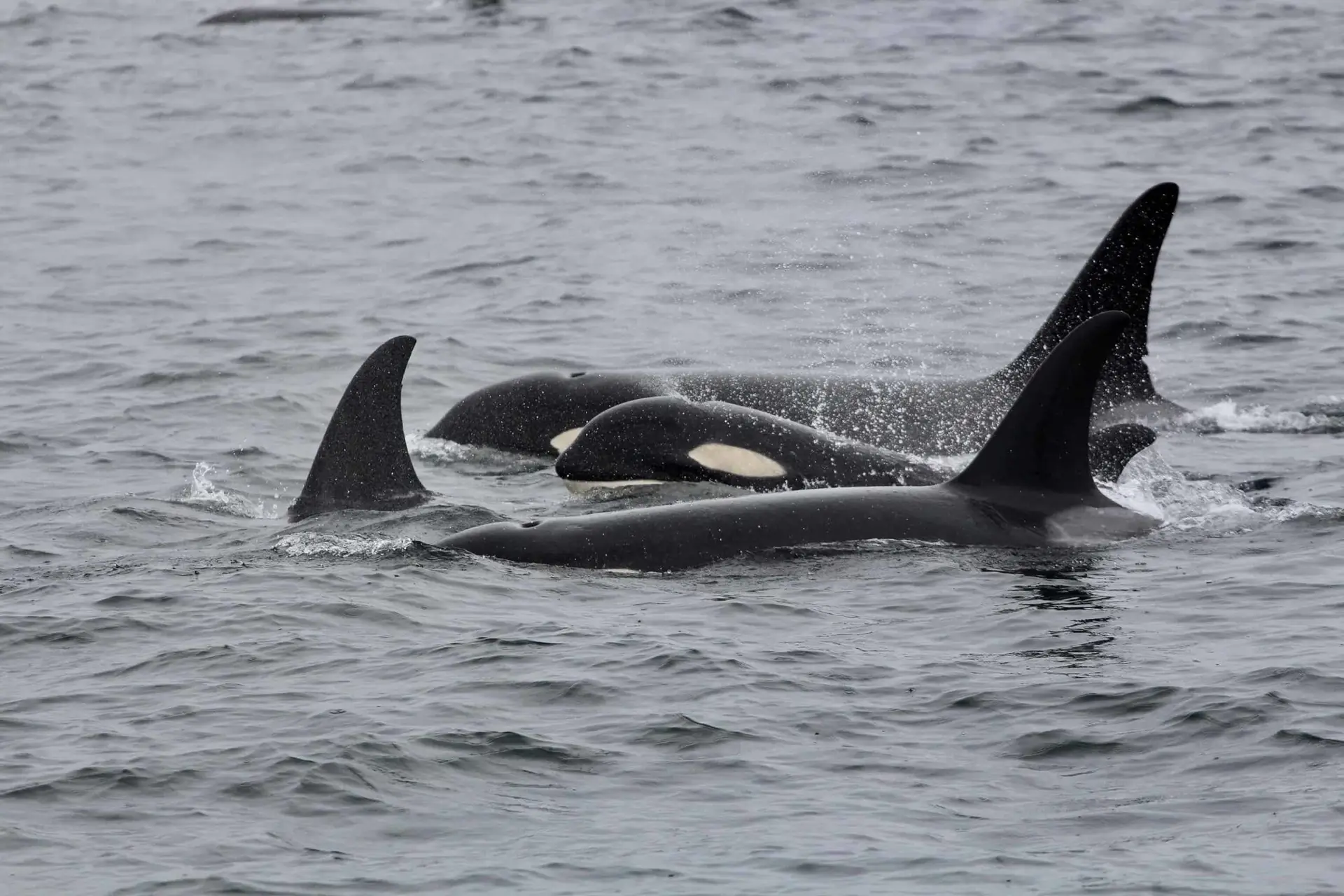
These days, SIMRES has an ongoing SeaTALKS program that brings in marine scientists to talk about their work. SIMRES’ major research project is a hydrophone array submerged off East Point that provides data on killer whale communication and allows for monitoring of underwater noise. The project is a partnership with Ocean Networks Canada. Grants from the Canadian Government and the Victoria Foundation are helping SIMRES develop streaming and outreach capabilities for all of the data coming in from the array. Larry worries about the killer whales and the impact of whale watching on their populations, but he thinks the work SIMRES is doing will help both humans and the orcas. “We’re not just sitting here saying, scientists come and do your research,” says Larry. “We’re also telling the general public about what this research means, getting that information out there so the research just doesn’t just end up on a shelf somewhere.”
“The whales bring people here and that’s an opportunity to teach them about the rest of the ecosystem and how it supports these whales,” he says. “On the whole, we have not been great stewards of the environment. We want to use science-based information, collaboration and education to change people’s ideas about our environment. It’s not only about giving the public information about the ecosystem. It’s just as important to teach them about how they can help the ecosystem.
For more information on the work of the Saturna Island Marine Research & Education Society and their schedule of SeaTALKS, visit their website here.

